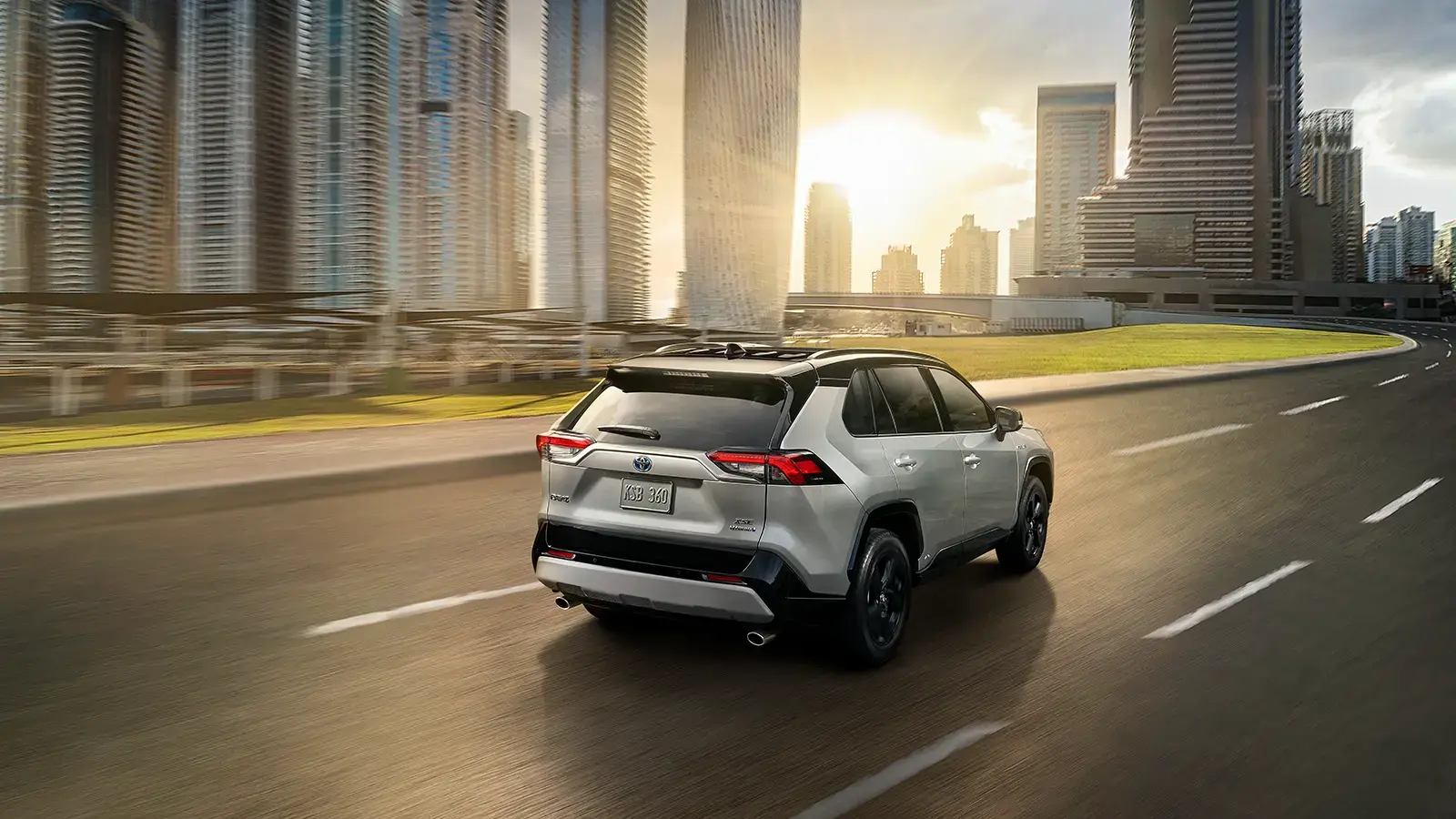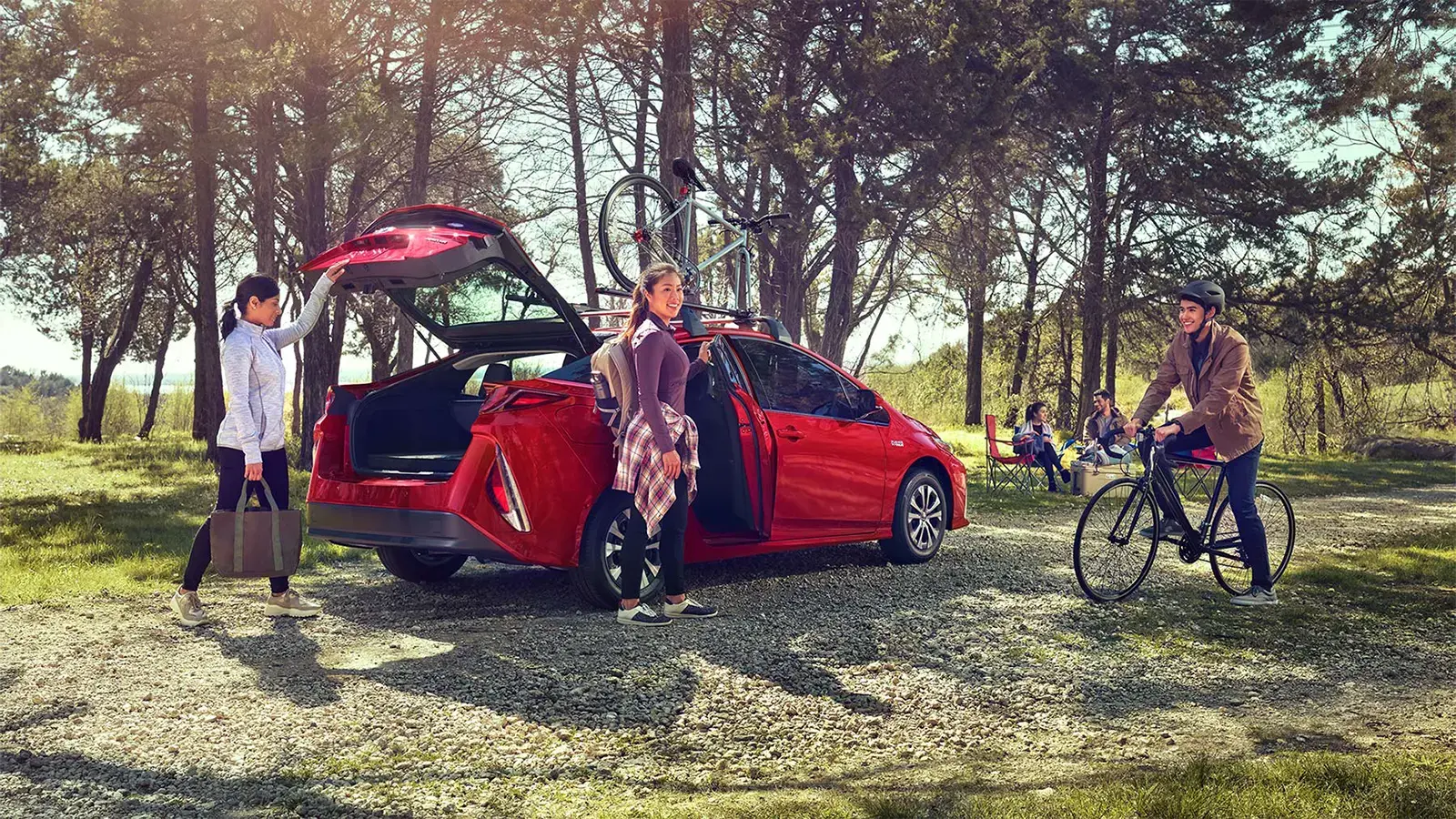Hybrid Electric Vehicles, or HEVs
Hybrid cars combine a gasoline engine with an electric motor to improve fuel efficiency, lower emissions, and offer a smoother driving experience. Unlike electric vehicles that rely solely on battery power, hybrids recharge themselves while you drive and do not require plugging in.
For many people, hybrid cars are a comfortable and familiar way to begin driving greener. They look, feel, and drive like traditional cars, but their electric components help save fuel and reduce environmental impact.
How Hybrid Cars Work
Hybrid vehicles contain both a gas-powered engine and an electric motor powered by a traction battery. The two systems work together automatically. In different driving conditions, the car may use just the gas engine, just the electric motor, or both at the same time.
A computer manages the power flow, selecting the most efficient source for your speed, terrain, and driving style. This seamless coordination helps reduce fuel use and improve performance without any extra effort from the driver.
The Battery’s Role
Hybrid cars use a traction battery to store energy. When you brake, the electric motor becomes a generator and recaptures energy that would otherwise be lost as heat. That energy is stored and reused to help power the car.
This process is called regenerative braking. The battery involved is separate from the small 12-volt battery that powers accessories like lights and radios. Most hybrids use either nickel-metal hydride or lithium-ion batteries and locate them near the rear axle for safety.

Types of Hybrid Powertrains
There are three common hybrid drive systems, and each works differently:
Series Hybrid
Only the electric motor drives the wheels. The gas engine’s job is to charge the battery, which powers the motor. These hybrids perform best in city driving conditions.
Parallel Hybrid
Both the gas engine and the electric motor can power the wheels. The car’s computer decides which system to use based on the situation. This setup is versatile for mixed driving conditions.
Series-Parallel Hybrid
This combines both systems and allows the gas engine and electric motor to work independently or together. Many hybrids on the market use this approach for maximum flexibility.
How Hybrid Cars Recharge
Hybrids do not plug in. Instead, they use regenerative braking to recharge the battery. When you slow down or brake, the electric motor switches roles and captures the energy from motion, storing it in the battery for future use.
This extends brake life, reduces fuel consumption, and improves overall efficiency.

Comparing Hybrid Cars to Plug-In Hybrids and EVs
- Hybrid Cars recharge themselves and do not need charging equipment. They are easy to drive and ideal for people who want to save fuel without changing their driving habits.
- Plug-In Hybrids (PHEVs) have larger batteries and can travel farther using electricity alone. They work best when regularly plugged in to recharge.
- Electric Vehicles (EVs) use only electricity. They have zero tailpipe emissions but need regular access to electric charging.
Is a Hybrid Right for You?
You may be a good candidate for a hybrid car if you:
- Drive mostly in urban or suburban areas
- Want to reduce fuel costs and emissions
- Do not have access to home or public charging
- Prefer a low-maintenance and familiar driving experience
If you want to rely more on electric driving or have consistent access to charging, you might also explore plug-in hybrid or fully electric options.
Your Hybrid Journey Starts Here
Continue exploring the benefits of hybrid cars:
Discover Next: Why Buy a Hybrid Car? →












